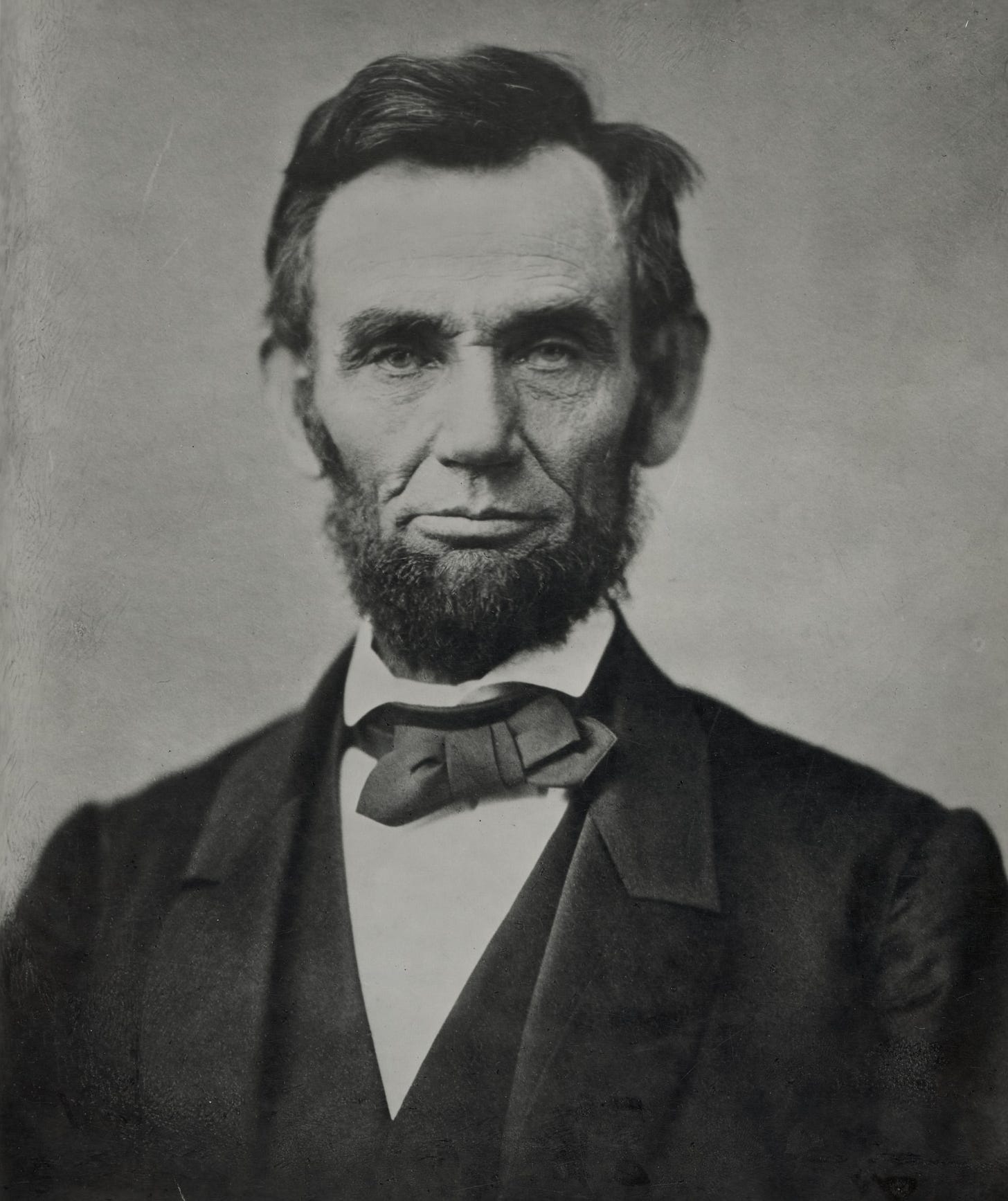What is a democratic state? There are two ways to talk about it.
In one telling it is a set of institutions that, through the mechanism of regular elections, manages the task of governing a polity. It is legitimate because its citizenry consent to be governed, while at the same time providing inputs into the governing process, be it as voters or as direct actors (running for office as a politician or participating in what we colloquially term “civil society”). This tale puts the democratic habits of citizens front and center.
In another telling, a democratic state is nothing more than a system that was explicitly founded on democratic principles. The Dutch political theorist Luuk van Middelaar succinctly summarized this perspective as follows:
A ballot box cannot establish itself, so one day someone must boldly claim to speak ‘on behalf of’ a people, a country. This is the case for the EU, a latecomer, as it was for England, in the mists of time, or for the founders of the United States. Eventually, arbitrariness, bluff and power struggles at the moment of inception are washed away by Whig historians to create a portrait of a great nation with venerable institutions.
In this telling, the institutionalized habits of democracy flow out of a (necessarily) undemocratic act of founding. The initial bargain needs to be broadly acceptable to all concerned for it to take hold. From that point on, democratic practice coalesces into institutions, and we tell ourselves that these institutions are themselves at the root of our democratic societies, even if that was not strictly true at the inception.
Americans tend to recoil from this second telling because it implies that the democratic compact is somehow not fully real—that it is a sustaining fiction rather than an empirical fact. Of course, they need not recoil. Both tellings are fundamentally correct. The reality is that while no founding can truly be democratic, democratic habits remain vital to any democratic society. Democratic habits make democracy function in the present, and ideally into the future—even if the true past is shrouded in myths.




